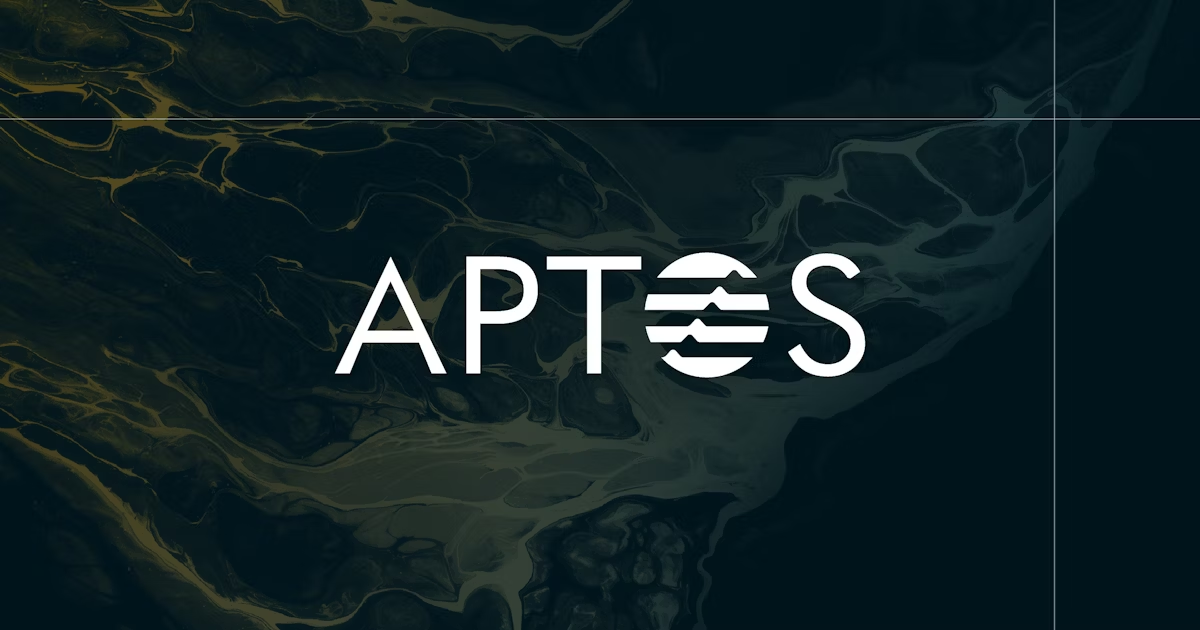Join Our Telegram channel to stay up to date on breaking news coverage
Vicky Saporta, the executive director of the Prudential Policy Directorate at the Bank of England, announced during a speech that the Prudential Regulatory Authority (PRA), the UK’s bank regulator, plans to propose new rules on issuing and holding crypto assets.
The U.K. Prudential Regulatory Authority is likely to have more to do if the FSM bill passes. https://t.co/9VILGp8Lbf
— Cointelegraph (@Cointelegraph) February 27, 2023
According to the speech, the Bank of England and the PRA are working in collaboration with 6 other regulators to create a regulatory grid that will centralize its initiatives. The team is working to provide a new set of rules which it believes will be easier to understand and follow than the existing web of rules, which they hope to replace. Among the laws they are hoping to replace are those set by the European Union (E.U.) considering the U.K. withdrew from the E.U. in 2020.
The new set of rules will be designed with Basel III rules and the Financial Services and Markets (FSM) bill in mind. The passing of the FSM bill will grant authorities the powers to regulate the crypto sector. It will also add a new secondary objective for the PRA to the UK economy’s international competitiveness and growth. Saporta said:
PRA rule making can deliver three things: harness the UK’s strengths as a global financial centre, maintain trust in the UK as a place to do business, and tailor regulations to UK circumstances.
In addition to that, the FSM bill will extend the application of the current e-money and payment systems onto stablecoins. The speech stated:
Furthermore, the FSM Bill would extend current Bank and FCA regulatory regimes for payment systems and e-money to cover the use of ‘stablecoins’ for payments. The Bank will have responsibility for any such payment systems which are systemic or likely to become systemic.
For that reason, the PRA intends for new requirements for PRA-regulated firms to be consistent with those for other industries.
At the footnote, the speech read,” The PRA will be consulting on an implementation of this standard after Basel 3.1 rules have been finalized.” Upon the finalization of Basel 3.1 standards, Banks would be required to restrict their exposure to cryptocurrencies to 1% of their total capital, plus a 1.250% risk premium.
Government releases regulation proposals
This announcement comes weeks after the government through its Ministry of Finance issued proposals for a set of rules to regulate crypto assets early in February. The proposals are expected to strengthen the argument for clear, effective, and timely regulation, as well as proactive interaction with the industry.
The new regulations would apply to crypto-related admittance to a trading platform, making a public offer, executing payment transactions or remittances, structuring deals, administering a platform, custody, and mining transactions, or maintaining a blockchain node.
According to the proposed rules, firms would require a license in addition to meeting minimum capital and liquidity requirements. The rules would apply to crypto firms in Britain or those providing crypto services to the UK.
These advancements have added the UK to the list of countries working on regulating the crypto business in their countries as they embrace crypto assets by including them in their economies.
More News:
Fight Out (FGHT) – Newest Move to Earn Project
- CertiK audited & CoinSniper KYC Verified
- Early Stage Presale Live Now
- Earn Free Crypto & Meet Fitness Goals
- LBank Labs Project
- Partnered with Transak, Block Media
- Staking Rewards & Bonuses
Join Our Telegram channel to stay up to date on breaking news coverage
Credit: Source link












































































































































